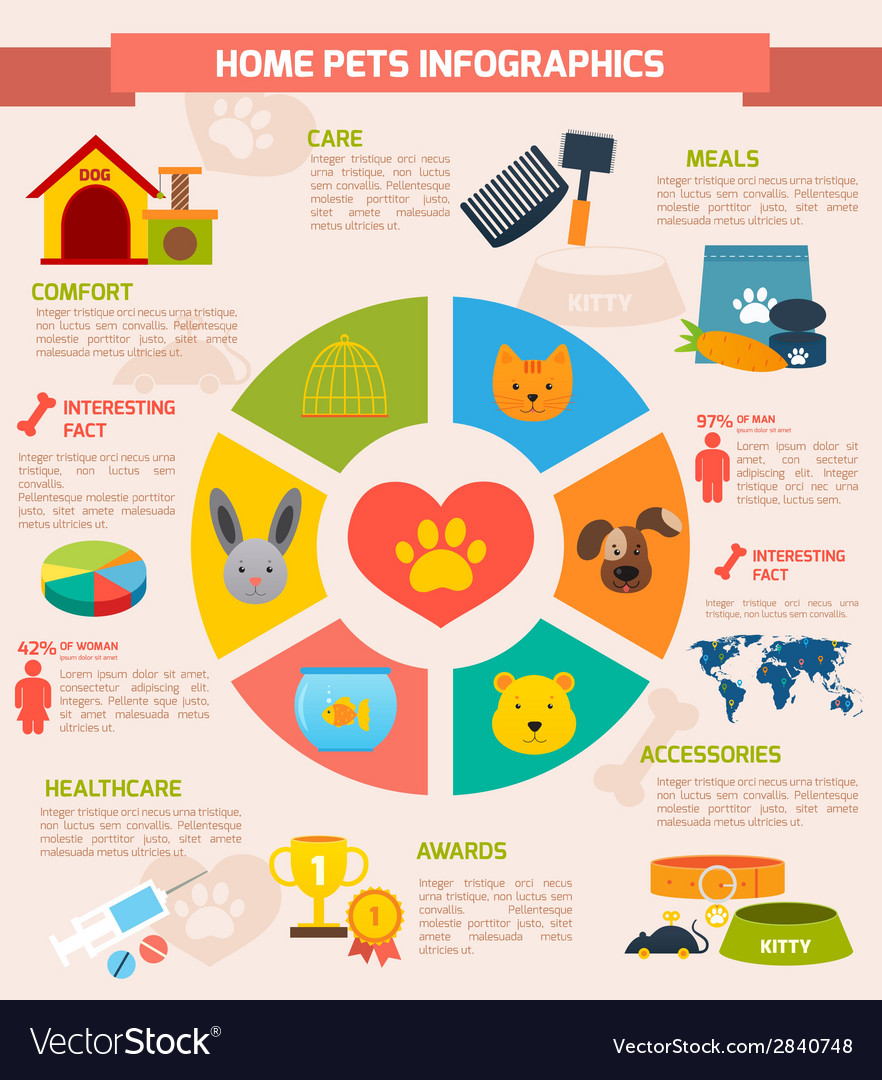Puppy daycare is a fun way for your canine to socialise and burn off power, yet it's not appropriate for each puppy. Ensure your young puppy is risk-free and ready for the experience by visiting the facility ahead of time.
Typically, day care is advised for puppies in between 12 and 16 weeks old, after they've received their initial vaccinations.
Inoculations
The majority of boarding and daycare centers require pups to have their first round of puppy inoculations prior to they can join in on the fun. This is because the younger a pet is, the much more in danger they are for significant disease. The inoculation cycle aids to build immunity in time by urging the animal's body to create antibodies against particular conditions.
Young puppies get their first rounds of pet injections from their mom as she passes them with the placenta throughout birth. This mother's resistance lasts for some time yet will eventually wear away, so vaccination is needed to keep the pup healthy and balanced and safeguarded.
Several of these vaccinations are infused and others are given orally or with the nose using drops or sprays. Many negative effects of these sorts of puppy vaccines are mild and will pass within a few days. Rarely, a puppy or kitten can experience a much more serious response to among the vaccinations and will need instant veterinary attention.
Socialisation
Puppies with limited or no socialization can develop worry and aversions to new people, canines, and areas. Childcare reveals pups to a selection of people and other pet dogs in a controlled setting to help them build self-confidence and resistance.
Pups that on a regular basis most likely to day care learn to adapt to various atmospheres, seems, and smells. This helps them get over anxiousness and terror in unfamiliar situations such as veterinarian sees or public areas.
Most dog childcares enable puppies to play with other canines and humans in safe, monitored play teams. The staff monitors interactions to make sure safety and security and motivate positive actions. They likewise have the training to remove a pup from a hazardous circumstance more quickly than proprietors can. Preferably, a daycare will certainly have obedience training so pups can react to remember commands and prevent getaway attempts, canine fights, and injuries. They also train canines to understand human and canine social hints, which can avoid hostility or reactivity.
Training
Young puppies need to discover that they can't always be surrounded by their human family which playing with pals is fine as well. That's why training is crucial prior to a pup signs up with childcare.
Ideally, a pup should have had basic obedience training, been temperament examined and "spoke with" by the childcare team (i.e. hung around in a play team being enjoyed by the personnel to see how they connect with other canines). This will certainly tell them concerning their character, likes/dislikes, fears and power level to know whether childcare is the appropriate suitable for your dog.
A good childcare will collaborate with you to make certain your puppy is safe, satisfied and has one of the most fun at daycare while you're away. This is specifically essential for high power breeds (assume Labradors, Pit Bulls and Jack Russells) who are mosting likely to have a difficult time draining pipes all their energy in the house and may also end up obtaining damaging and/or frustrating their neighbors or their furnishings while they're WFH.
Health care
Pups have different preventative healthcare requirements than grown-up dogs. They might have a higher danger of developing specific diseases, such as heartworm condition or tick-borne infections like Lyme disease. Inoculations can reduce the danger of these diseases.
Young puppies can also create long-term health and wellness issues, such as joint inflammation or diabetes, otherwise worked out at a healthy degree. Normal exercise aids young puppies handle their weight boarding kennels for dogs near me and avoids the growth of unwanted eating.
Most day cares require family pets to be fully immunized and made sterile or neutered prior to beginning day care. Some centers only approve older dogs and may not be able to fit a pup. Search for a center that has floor-to-ceiling walls to shield pets from air-borne illness. Many excellent daycares will also have the ability to provide info on their cleaning methods and how they keep family pets separate from one another. Some might ban specific kinds of collars, consisting of prong, martingale and choke collars as they can place the pet at risk of injury or infection.
